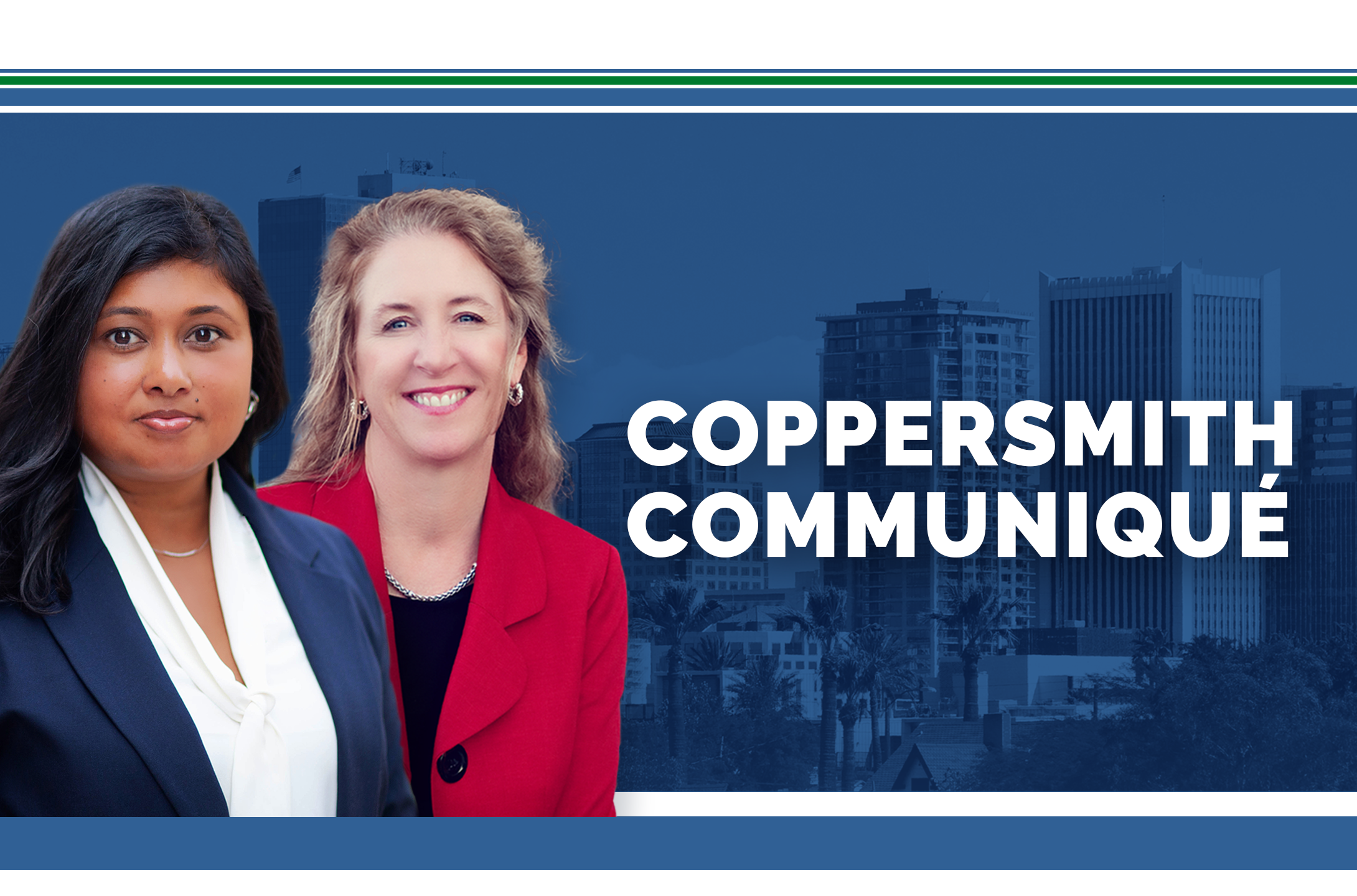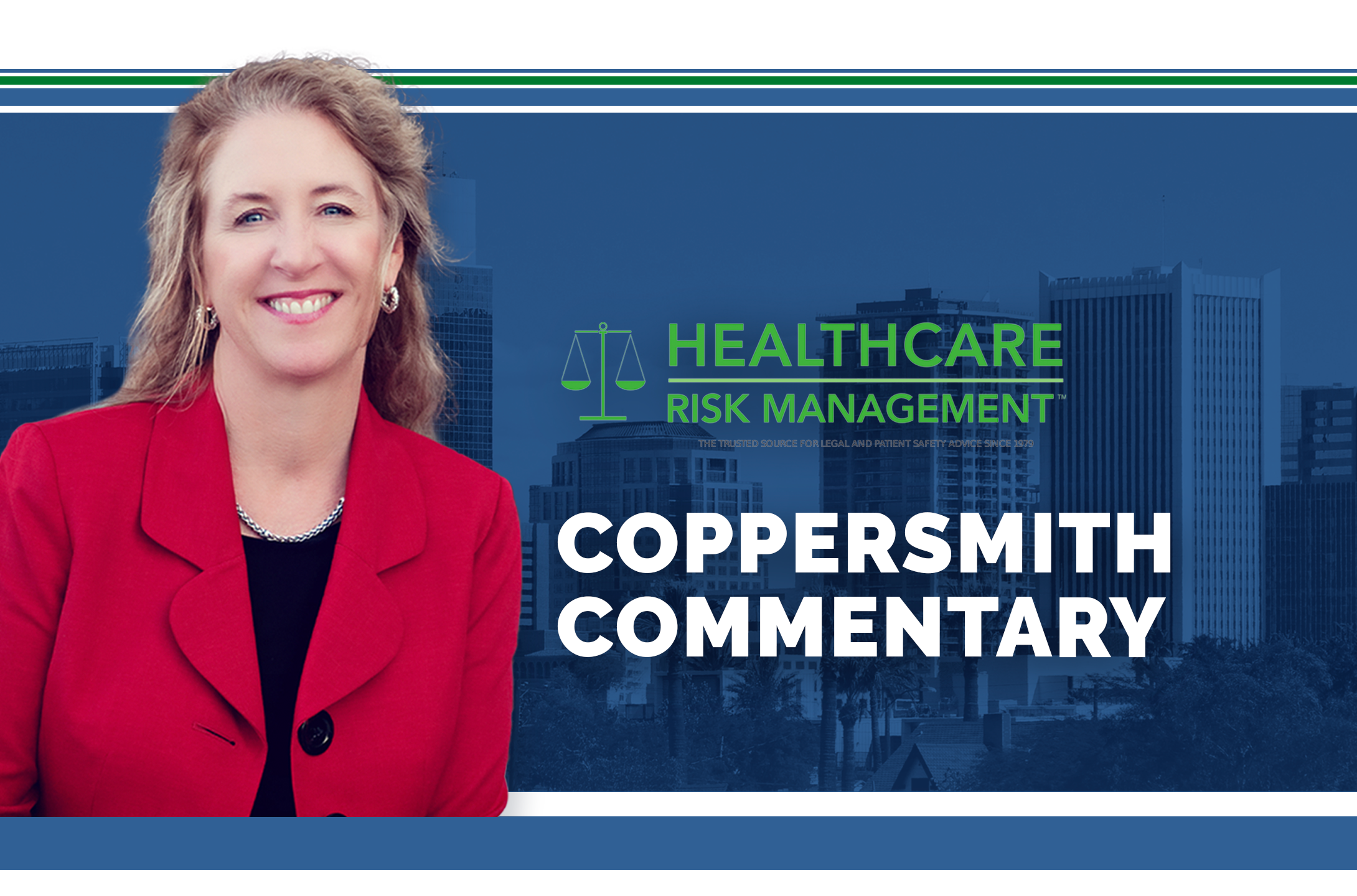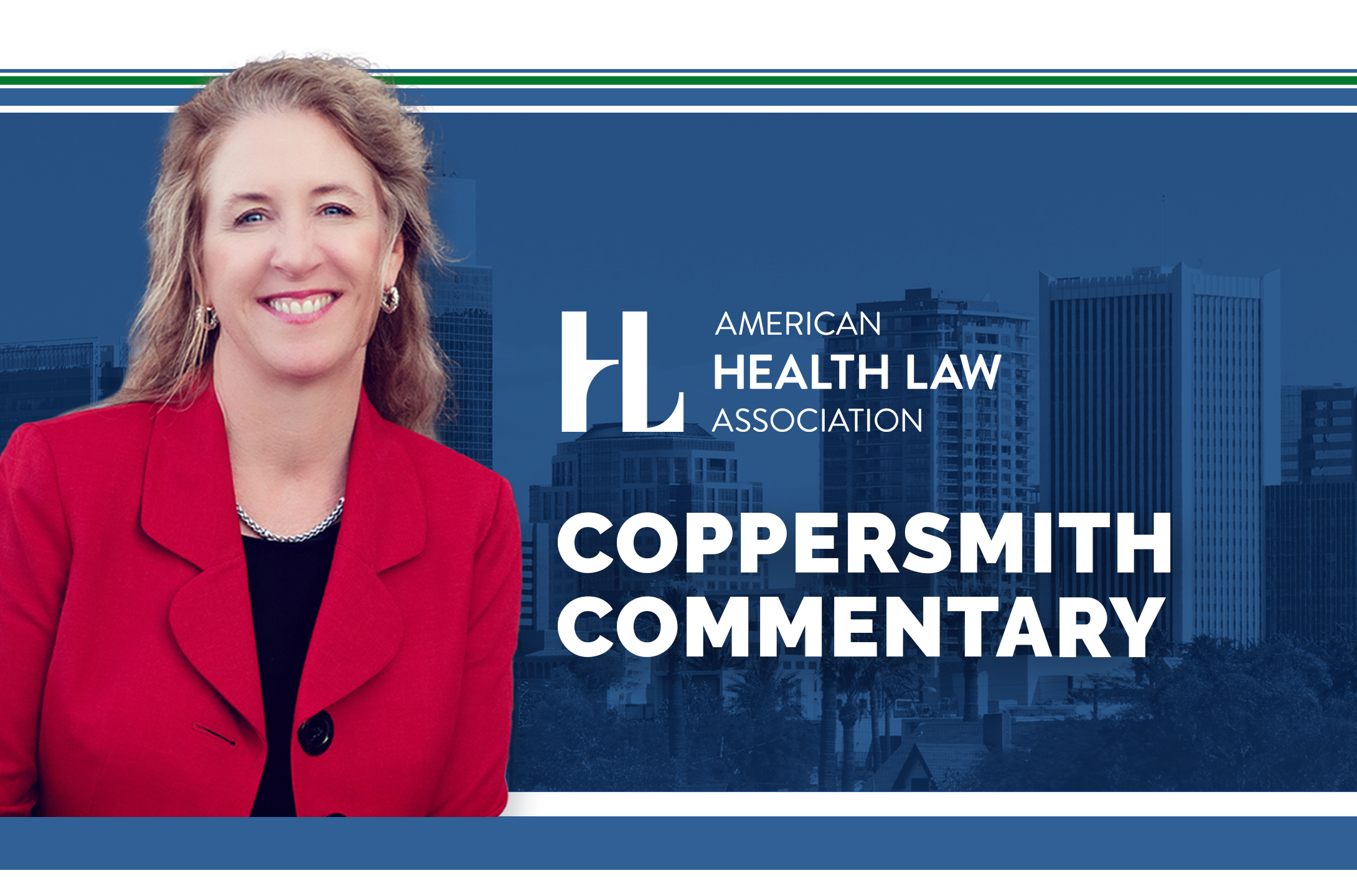Amita Sanghvi & Kristen Rosati Explain What Reproductive Privacy Ruling Means for Covered Entities
The U.S. District Court for the Northern District of Texas recently issued a nationwide injunction, vacating a federal rule that strengthened HIPAA privacy protections for reproductive health care information. While the decision eases compliance burdens for covered entities, it also removes the legal shelter the rule had provided around disclosures of sensitive reproductive health care data. In the latest Coppersmith Brief, “Federal Judge Vacates HIPAA Reproductive Health Care Privacy Rule," Amita Sanghvi and Kristen Rosati break down the court’s reasoning and explore the implications for HIPAA-covered organizations moving forward. Advising clients on health data privacy, cybersecurity, and digital health innovation, Amita served as a senior attorney at the U.S. Department of Health and Human Services (HHS) before returning to private practice. During her time at HHS, she...
Read MoreRead More





